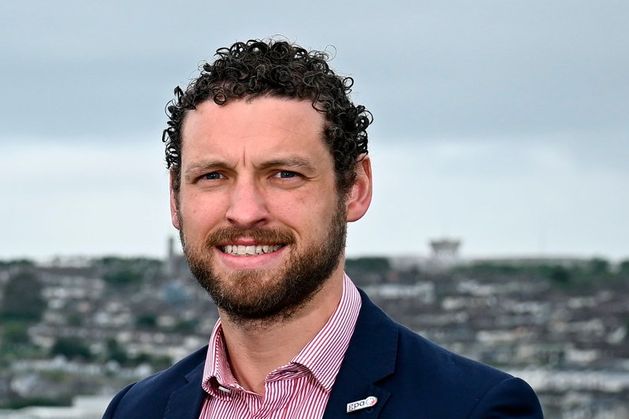Football
Inter-county season should not be extended – Gaelic Players Association chief Tom Parsons

Addressing members last night, Parsons said the association would continue to call for reform that takes into account the toll on players, which would be a “significant focus” over the next 18 months.
Parsons has said the GAA has continued to “squeeze too many competitions into an agreed window for inter-county players” and has again suggested the pre-season provincial competitions should be discarded because “we find it increasingly challenging to justify (them) with overlapping eligibility issues in January, which add to the player load.”
Parsons is a member of the Amateur Status Committee which has been put in place by GAA president Jarlath Burns to look at the load on inter-county players.
He said support for the split season was running at 85pc among players while 63pc felt it reduced their time demands.
The chief executive added that they would continue to push for change across three headlines – a balanced fixtures schedule that addresses the condensed nature of games (a sufficient gap between league and championship), the implementation of the agreed contact hours policy to ensure adequate rest and recovery periods, and a guaranteed off-season.
But he stressed that they would all have to be designed within the split season window which he said already extends beyond eight months (November-July).
The GAA’s Central Competition Controls Committee (CCCC) are currently looking at reforming the All-Ireland football championship and the existing calendar but support to extend the championship window has been mixed.
“Our members are elite amateur athletes, with growing professional and commercial demands to generate more income for the governing bodies to fund grassroots activities and infrastructure investments. Balancing commitments to their club, county, personal lives, and professional careers, continues to be a juggling act that is becoming increasingly unsustainable,” said Parsons.
“A shorter season and defined break periods for inter-county players remain an absolute priority. Expanding the season with increased playing demands is not a solution to protect amateurism or reduce the load on players.”
In his address, Parsons took the LGFA and Camogie Association to task for being selective in their recognition of the GPA. On one hand, the two ladies associations will collaborate on State funding issues, he said but added that it is “contradictory” that they don’t recognise them otherwise.
“The leadership of the LGFA and Camogie Association continue to only selectively recognise the GPA as the representative body when it suits their own needs,” he said.
“For example, the associations work collaboratively with us on securing and administering State funding for players. In this process, the GPA is also recognised as the official player representatives by Sport Ireland and the Department of Sport.
“It is therefore contradictory of the associations to state that they do not recognise the GPA on other matters that are important to players. This issue has become increasingly pronounced since the #UnitedForEquality protest in 2023 and continues to be unacceptable.
“For clarity, the GPA is the official representative body for female inter-county players and will assert the rights of players on their behalf, to ensure fair treatment. In this capacity, the GPA looks forward to working collaboratively with the associations.”
Parsons stressed that the GPA would work so that the rights of players would be “fiercely protected.”
“Our members are elite amateur athletes who are key to the GAA’s financial success but remain unpaid,” he said. “Their rights must be fiercely protected, ensuring they are treated with fairness and that their contributions are both recognised and valued. That is a significant responsibility for the GPA to champion.”










